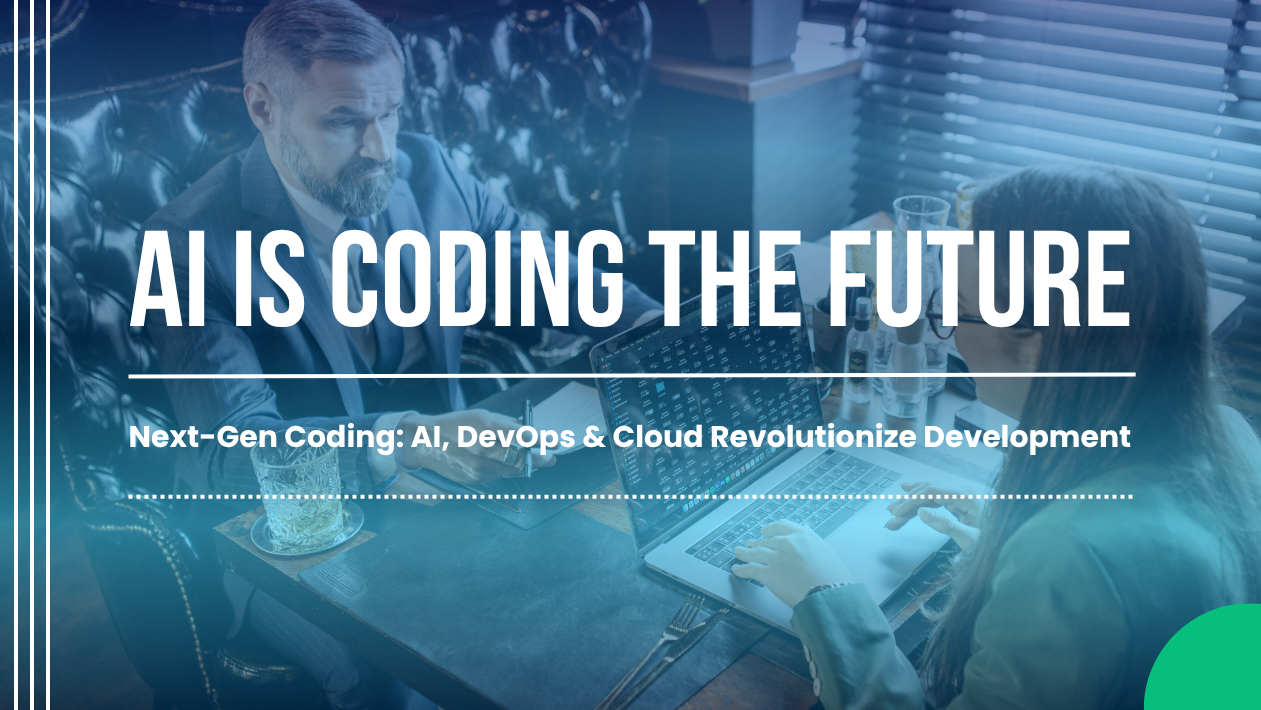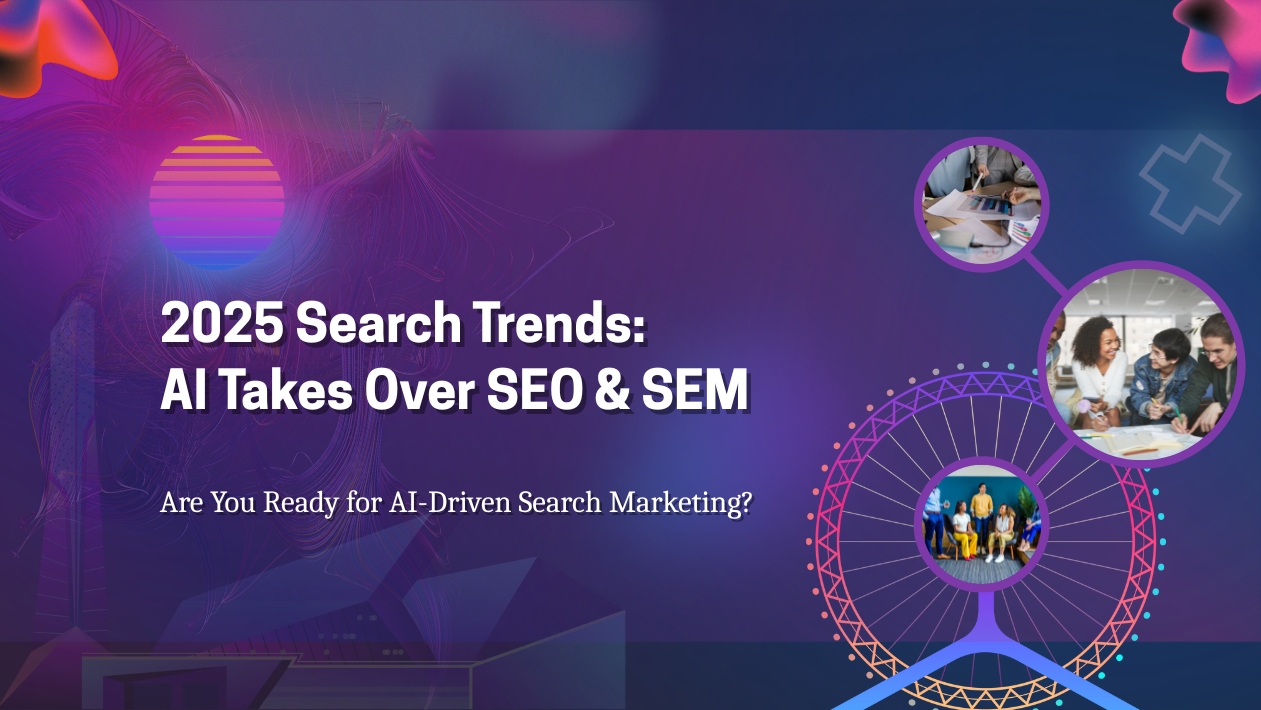In 2025, the global innovation landscape is being redefined by emerging technologies that once seemed futuristic. From quantum computing breakthroughs to spatial AI, biotech innovations, and brain-computer interfaces, these advancements are not just disrupting industries—they’re laying the groundwork for a new digital era.
According to a recent McKinsey Global report, emerging technologies are expected to generate over $17 trillion in economic value by 2030, with AI, quantum, and immersive tech leading the charge.
Quantum Computing Reaches Prototype Milestones
After years of theoretical exploration, quantum computing is moving into practical application. Companies like IBM, Google, and IonQ have released functional quantum prototypes capable of solving problems classical supercomputers cannot—especially in pharmaceutical modeling, finance, and materials science.
Governments and enterprises are now investing in quantum cybersecurity to stay ahead of potential encryption threats.
Spatial AI and Mixed Reality Transform Human-Machine Interaction
The combination of AI with AR/VR—now commonly referred to as Spatial AI—is revolutionizing industries like healthcare, construction, and education. Devices such as the Apple Vision Pro 2 and Meta Quest XR are enabling real-time object recognition, voice assistance, and collaborative 3D environments.
Enterprises are using spatial computing for remote maintenance, surgical planning, and immersive training.
Brain-Computer Interfaces Move from Lab to Market
Neural interface startups, led by Neuralink and Synchron, are bringing brain-computer interfaces (BCIs) closer to commercial use. BCIs are already helping patients with paralysis control devices using their thoughts—and the tech is expected to power the next generation of hands-free computing.
Ethical and regulatory frameworks are also evolving to keep pace with this sensitive, high-impact field.
AI Continues to Advance Toward AGI
Large Language Models (LLMs) like OpenAI’s GPT-5, Anthropic’s Claude, and Google Gemini Ultra are becoming more multimodal, autonomous, and context-aware—raising the bar for what AI can do in creative, scientific, and strategic tasks.
Emerging AI agents are now capable of writing software, conducting research, and co-piloting business decisions, accelerating productivity across sectors.
Green Tech and Sustainable Innovation at the Forefront
As climate concerns intensify, emerging clean technologies are gaining momentum. Breakthroughs in solid-state batteries, direct air carbon capture, and green hydrogen are attracting major investments from both the public and private sectors.
Smart cities are integrating IoT, edge AI, and renewable grids to reduce emissions and improve efficiency.





